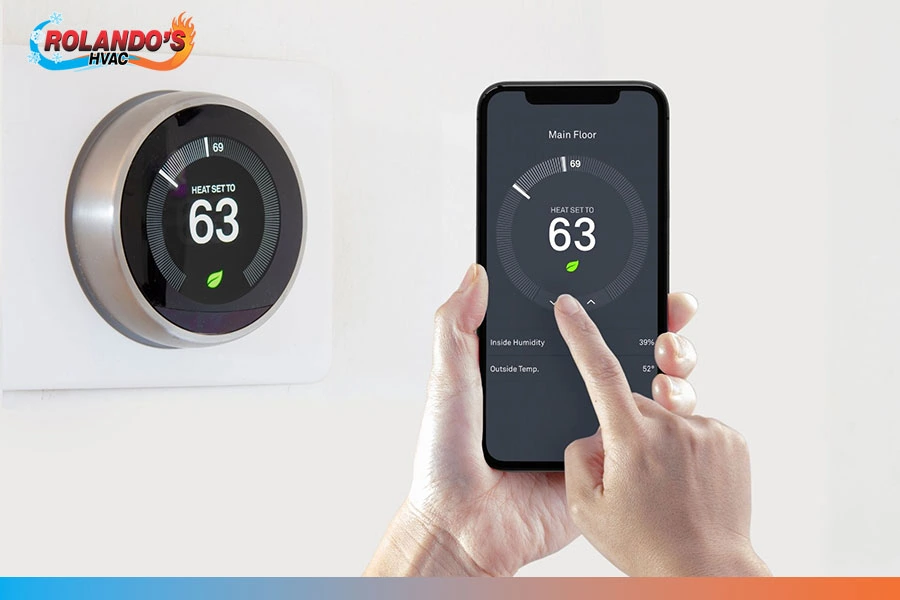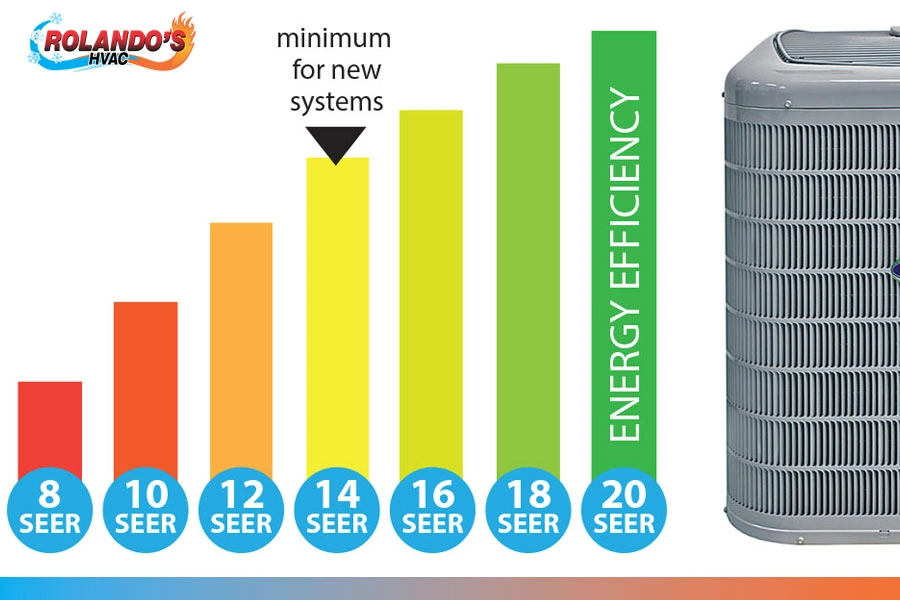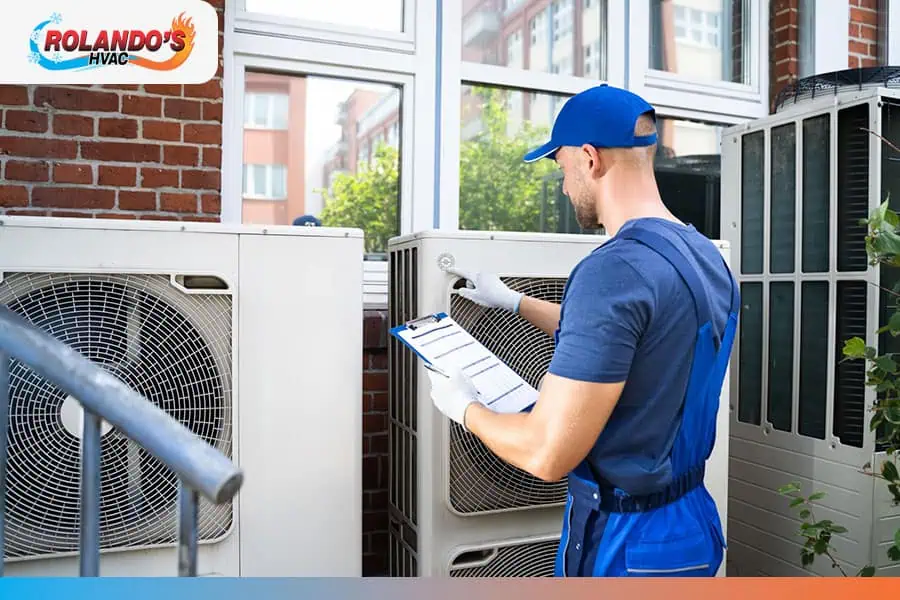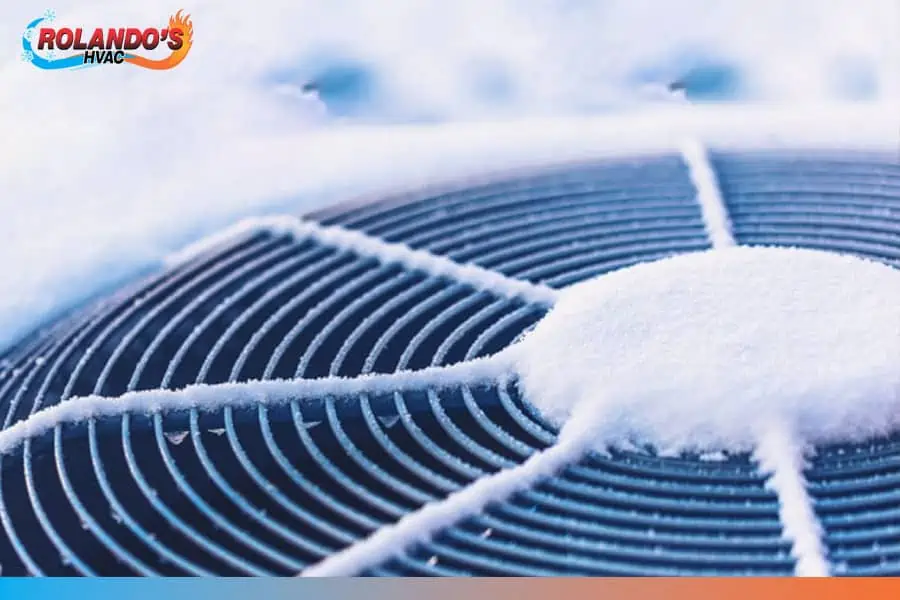
January 15, 2024
AC Freezing Up?- Here’s What You Should do
It's a scenario familiar to many, especially during those sweltering summer days: your air conditioning unit seems to be working overtime, yet the house remains uncomfortably warm. You adjust the thermostat, hoping for relief, but to no avail. The next logical step is to inspect the AC unit itself, and there you find it — your AC unit, frozen.
In Florida, where the heat can be relentless, an AC freezing up is more than just an inconvenience; it's a disruption to your comfort and daily life. In this blog post, we'll explore the signs that indicate your air conditioner has frozen, delve into possible causes of this chilling dilemma, and provide practical solutions to tackle it. We'll also discuss the importance of regular AC tune-ups and HVAC inspections, crucial practices that help prevent such issues.
As you continue reading, you'll gain insights that could help you resolve a frozen AC unit on your own. However, if the problem persists or you're unsure about DIY methods, it's time to call in the professionals. Residents in Tampa can rely on Rolando's HVAC for expert AC repair services. Our team is ready to restore your AC unit to its optimal state, ensuring you stay cool and comfortable all season long.
If your AC is frozen, here are some quick fixes before calling your HVAC Contractor
If your air conditioner freezes up, it's important to act quickly to prevent damage to the air conditioning unit. Here are some quick fixes you can try before calling your HVAC contractor:
First, Turn Your AC Off
As soon as you notice your AC unit is frozen, take immediate action to prevent further damage. The first step is to turn off your air conditioner completely. This will stop the refrigerant from circulating and allow the ice to begin to thaw. Leaving the AC on will only make the problem worse.
Next, Check For And Replace Your Dirty Air Filter
A dirty or clogged air filter can block proper airflow, causing the evaporator coil to freeze over. To check your air filter, locate it near the return air duct. If it's dirty, replace it with a new one. It's generally recommended to change your dirty filter every 1-3 months, depending on the manufacturer's instructions and your household's usage.
Now, Inspect Your Vents
Blocked or closed air vents can also cause poor air flow, leading to freezing issues. Open all vents in your home and check for any obstructions, such as furniture or dust buildup. Ensure that vents are properly positioned to allow for proper airflow.
Last, Turn The HVAC System On Again
Once the ice has completely thawed and you've addressed any underlying issues, turn your HVAC system back on. Start by setting the fan to "on" to circulate air and help dry out the coils. After a few minutes, you can switch the thermostat back to "cool" mode. If the freezing issue persists, it's advisable to contact a professional HVAC technician for further diagnosis and repair.
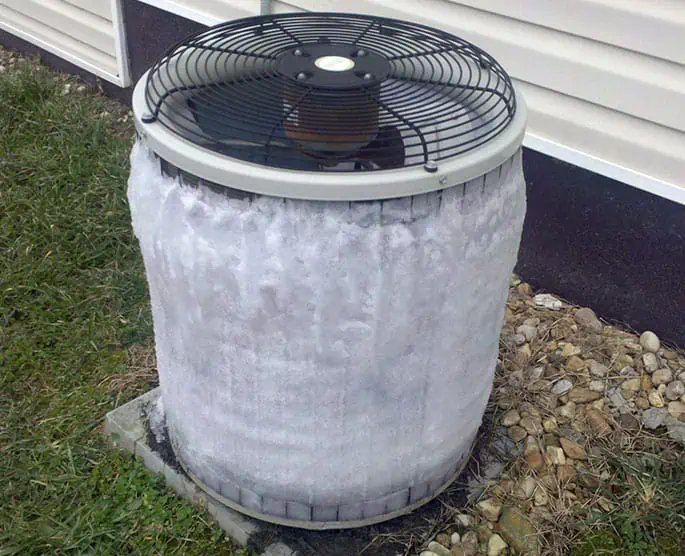
Why Is My Air Conditioner Freezing Up?
A frozen air conditioner is not only frustrating but can also indicate underlying problems that could lead to more significant damage. Understanding the common causes of a frozen AC is crucial for addressing the issue effectively and preventing future occurrences.
Clogged Air Filters
One of the most prevalent reasons for a frozen air conditioning system is a clogged air filter. When the air filter becomes excessively dirty, it restricts airflow, preventing warm air from reaching the evaporator coils. As a result, the coils get too cold, causing moisture to condense and freeze.
Clogged Condensate Drain Line
The condensate drain line is responsible for removing excess moisture from the air conditioning system. If this line becomes clogged with dirt, mold, or debris, it can prevent the proper drainage of condensate. This buildup of moisture can lead to ice formation on the evaporator coils.
Damaged Blower Fan
The blower fan is responsible for circulating air throughout the air conditioning system. If the blower fan is damaged or malfunctioning, it can reduce airflow, causing the evaporator coils to freeze over. A damaged blower fan may make a loud grinding noise or exhibit erratic speed.
Dirty Coils
Over time, dirt and debris can accumulate on the evaporator and condenser coils, reducing their efficiency and leading to freezing issues. Dirty coils hinder heat transfer, causing the refrigerant to drop to a temperature where moisture freezes.
Low Refrigerant Levels
Low refrigerant levels can also contribute to a frozen air conditioner. Refrigerant is essential for absorbing heat and transferring it to the outdoors. If the refrigerant level is too low, the coils may not be able to adequately absorb heat, leading to AC freezing up.
Collapsed Air Ducts
Collapsed or damaged air ducts can restrict airflow throughout the system, causing the evaporator coils to freeze over. Collapsed ducts may exhibit signs of sagging, visible creases, or detached sections.
Understanding these common causes of a frozen air conditioner empowers homeowners to take preventive measures and address issues promptly to maintain a functioning AC system.
How Do I Keep My Air Conditioner From Freezing Up?
A frozen air conditioner is a common problem that can be frustrating and costly to repair. There are a number of things you can do to prevent your air conditioner from freezing up, including:
Regular Maintenance
- Change your air filters regularly: Dirty air filters often restrict airflow and cause your evaporator coils to freeze. Change your AC filters every 1-3 months, depending on the type of filter you use and how often you use your air conditioner.
- Keep your vents open: Blocked or closed vents can also restrict airflow, causing your air conditioner to freeze up. Open all vents in your home and check for any obstructions, such as furniture or dust buildup.
- Clean your coils: Dirt and debris can accumulate on your evaporator and condenser coils, reducing their efficiency and leading to freezing issues. Clean your coils at least once a year, or more often if you live in an area with a lot of dust or pollen.
- Check your refrigerant levels: Low refrigerant levels can also contribute to a frozen air conditioner. Have a qualified HVAC technician check your refrigerant levels every year.
- Schedule a professional tune-up: An annual professional tune-up can help identify and address potential problems that could lead to freezing, such as dirty coils, low refrigerant levels, or malfunctioning fans.
Additional Tips
In addition to the routine maintenance tasks listed above, there are a few other things you can do to help prevent your air conditioner from freezing up:
- Don't set your thermostat too low: Setting your thermostat too low can cause your air conditioner to run for too long, which can lead to freezing.
- Don't turn your air conditioner off and on too frequently: This can also cause your air conditioner to freeze up.
- Be aware of the humidity levels in your home: High humidity levels can make your air conditioner work harder, which can increase the risk of freezing.
By following these tips, you can help keep your air conditioner running smoothly and prevent the frustration and expense of a frozen AC unit.
Call a Professional HVAC Contractor in Tampa
If you're having problems with your air conditioner, it's important to call a professional HVAC contractor like Rolando's HVAC. We have a team of experienced technicians who can diagnose and repair any problem you're having. We also offer free quotes on all of our services.
Call us today at (813) 373-6804 to schedule an appointment.
We offer a wide range of HVAC professional services, including:
- Air conditioning repair and installation
- Heating repair and installation
- Indoor air quality services
- Preventive maintenance
We are committed to providing our customers with the best possible service. We are licensed and insured, and we offer a 100% satisfaction guarantee.
Don't wait until it's too late! Call Rolando's HVAC today to keep your home comfortable year-round.

Rolando’s HVAC

